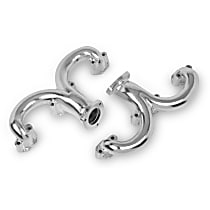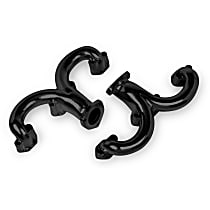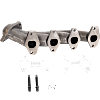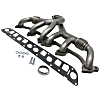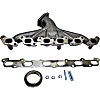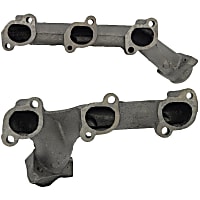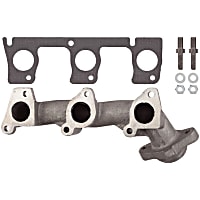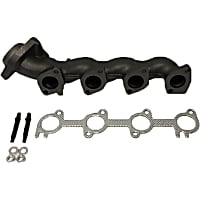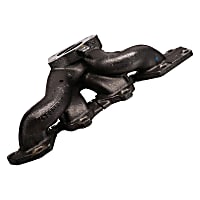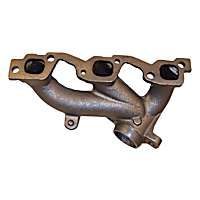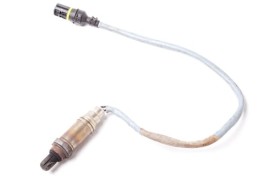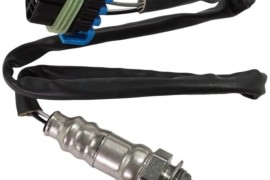{
"lazyNodes": false,
"abFitnotesFlag": false,
"abCrawlReviews": true,
"productOptionsCookie": false,
"orderDelayFlag": false,
"skipSessionCookie": false,
"covidMessage": false,
"fullTitleCookie": false,
"nrLoggerCookie": true,
"checkoutReviewCookie": false,
"productOptionSeqCookie": false,
"maintenanceFlag": false,
"bufferETACookie": false,
"multiShippingDiscountFlag": false,
"newFitmentFlag": false,
"surveyOptInFlag": true,
"crossSellFlag": false,
"skuMappingFlag": false,
"paySplitCookie": false,
"callDisableFlag": true,
"zipPaymentFlag": "c",
"hassleFreeReturn": true,
"lifetimeReplacement": true,
"cpn_off": false
}Exhaust Manifolds
Shop Catalog
- 2002 Infiniti QX4 Base 6 Cyl 3.5L
![]() WARNING: This product can expose you to chemicals including Nickel, which is known to the State of California to cause cancer and birth defects or other reproductive harm. For more information go to www.P65Warnings.ca.gov.
WARNING: This product can expose you to chemicals including Nickel, which is known to the State of California to cause cancer and birth defects or other reproductive harm. For more information go to www.P65Warnings.ca.gov.
- 2002 Infiniti QX4 Base 6 Cyl 3.5L
![]() WARNING: This product can expose you to chemical which is known to the State of California to cause cancer and birth defects or other reproductive harm. For more information go to www.P65Warnings.ca.gov.
WARNING: This product can expose you to chemical which is known to the State of California to cause cancer and birth defects or other reproductive harm. For more information go to www.P65Warnings.ca.gov.
- 2002 Infiniti QX4 All Submodels All Engines
![]() WARNING: This product can expose you to chemicals including Nickel, which is known to the State of California to cause cancer and birth defects or other reproductive harm. For more information go to www.P65Warnings.ca.gov.
WARNING: This product can expose you to chemicals including Nickel, which is known to the State of California to cause cancer and birth defects or other reproductive harm. For more information go to www.P65Warnings.ca.gov.
- 2002 Infiniti QX4 All Submodels All Engines
![]() WARNING: This product can expose you to chemicals including Nickel, which is known to the State of California to cause cancer and birth defects or other reproductive harm. For more information go to www.P65Warnings.ca.gov.
WARNING: This product can expose you to chemicals including Nickel, which is known to the State of California to cause cancer and birth defects or other reproductive harm. For more information go to www.P65Warnings.ca.gov.
![]() WARNING: This product can expose you to chemical which is known to the State of California to cause cancer and birth defects or other reproductive harm. For more information go to www.P65Warnings.ca.gov.
WARNING: This product can expose you to chemical which is known to the State of California to cause cancer and birth defects or other reproductive harm. For more information go to www.P65Warnings.ca.gov.
![]() WARNING: This product can expose you to chemical which is known to the State of California to cause cancer and birth defects or other reproductive harm. For more information go to www.P65Warnings.ca.gov.
WARNING: This product can expose you to chemical which is known to the State of California to cause cancer and birth defects or other reproductive harm. For more information go to www.P65Warnings.ca.gov.
Top Rated Products
Popular Products
Product Questions & Answers
Shopping for Exhaust Manifold

What Is the Exhaust Manifold and What Does It Do?
Every vehicle has an exhaust system that moves hot exhaust gases from the engine down to the tailpipe. This process begins with the exhaust manifold, which is located at the top of the exhaust system. The connection point between the engine and the manifold is sealed by an exhaust manifold gasket. The position varies depending on the engine bay’s layout and the vehicle model. You may find the manifold bolted directly on top, on the side, on the front, or on the rear of the engine block. You’ll easily spot it, as it often sticks out with its long, intertwining tubes.
Exhaust manifolds vary in design, size, and material, but they all serve the same purpose. They guide the flow of hot exhaust gases through the catalytic converter, muffler, and exhaust tip. They also prevent intake reversion, which occurs when there’s backpressure in the exhaust system. The backward flow of the exhaust leaves less room for fresh air and gas to flow freely from the vehicle’s intake valves, resulting in poor engine performance. Exhaust manifolds are effective at keeping harmful exhaust gases away from drivers and passengers who are at risk of being poisoned by carbon monoxide and other deadly compounds that can form inside the system.
To better understand how exhaust manifolds work, let’s discuss how they relate to your engine. When you start the engine, the piston moves down, creating a suction force that draws air into the combustion chamber. For carburetor engines, air and fuel are mixed together inside the carburetor assembly before being fed to the cylinders. In contrast, fuel-injected engines directly supply fuel to the intake manifold, which improves fuel efficiency and reduces emissions. At the end of the compression cycle, the piston moves back up and compresses the stored air and fuel mixture. This gas is ignited by the spark plug, and the force sends the piston down to the camshaft, which produces power for the vehicle. The piston pushes the burned gas out through the cylinder, where it’s collected in the exhaust manifold. The number of tubes connected to the manifold is proportional to the engine's cylinder count. For example, a V6 engine has six cylinders, so the manifold has to have six tubes connected to the engine block.
Now that you know how the manifold works, let’s discuss how it can affect your vehicle’s performance when it wears out.
What Happens if You Don’t Replace Your Faulty Exhaust Manifold?
Exhaust manifolds are commonly made from porous metals that expand and contract depending on the temperature. This makes them flexible yet prone to cracking. Once the exhaust manifold fails, the engine's performance will suffer due to the imbalanced air-to-fuel ratio. In addition to performance issues, harmful exhaust gases have a higher chance of leaking into your vehicle’s interiors, putting your health at risk. This is why a damaged exhaust manifold should be replaced immediately.
How do you spot a faulty exhaust manifold? There are several symptoms you need to observe. You may hear a faint hissing or tapping sound when your vehicle is accelerating. That can mean that your exhaust manifold gasket is leaking gas. When exhaust gases leak out of the pipes, they can be sucked back into the combustion chamber and disrupt the air-fuel mixture, which can affect your vehicle’s acceleration. This decrease in power can also reduce your vehicle’s fuel efficiency, since the engine needs to work harder to produce power. You should be cautious about the smell of gasoline and diesel inside your cabin because these gases can be lethal when inhaled.
Take note of your state’s emission standards when choosing an exhaust manifold replacement. Different states have different emissions laws, so do your research before you purchase an OE-grade exhaust manifold replacement from us. Here at CarParts.com, exhaust manifolds are categorized by their emission standard. To get the best fit, enter your vehicle's year, make, and model on the filter tab of our vehicle selector. You can also narrow your search by selecting a category from the "Shop By" section. Check out our exhaust manifolds today!




